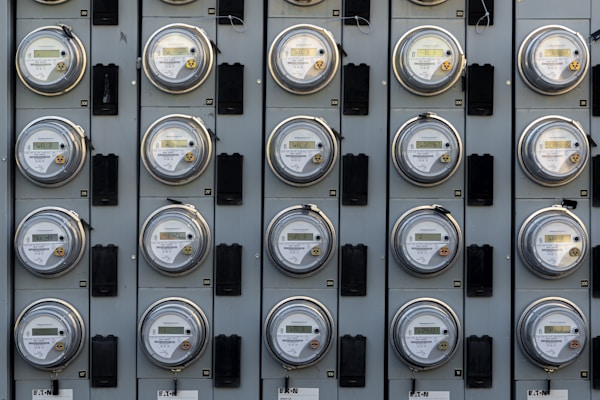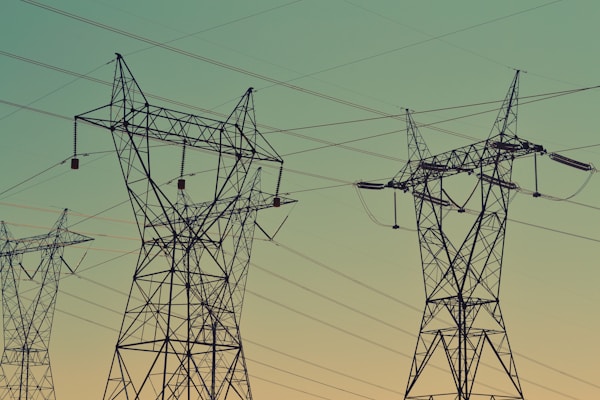What Do the Different Numbers and Symbols on Your Electricity Meter Mean?
- Written by NewsServices.com
Electric meters measure the amount of electricity used in a home or business. The numbers and symbols on your meter can tell you how much electricity you are using and when. Every home has an electric meter that tracks how much power the household is using. The meter has a digital or an analog display showing different numbers and symbols. If you're wondering what they all mean, keep reading to learn how to read electricity meter and calculate your electric usage.
What do the different numbers on your electricity meter mean?

The number on your electricity meter is a representation of how much electricity you have used. The bigger the number, the more electricity you have used. This number usually goes up as you use more electricity, and it goes down when you use less.
The different numbers and symbols on your electricity meter can mean different things. For example, the number in the middle might be your usage for the day, while the numbers on either side might be your usage for yesterday and today combined.
Different symbols might also mean different things. For example, a lightning bolt might mean that you are using too much power and need to reduce your usage. A dollar sign might mean that you are using power at a lower rate because you signed up for a discounted rate plan with your electric company.
If you're not sure what each number or symbol means on your electricity meter, ask someone from your electric company for clarification. They should be able to help explain what each one means so that you can better understand your energy usage.
How can you tell if you have a smart meter?
There are a few ways to tell if you have a smart meter. The most obvious way is to look for a small black box about the size of a deck of cards on the outside of your home near where your electricity meter is located. Another way to tell is by checking for wireless signals near your home. If you have a smart meter, it will send out pulsing signals several times per second.
How do you calculate how much you're spending on electricity each month?

Most electricity meters measure the amount of electricity used in kilowatt-hours (kWh). To calculate how much you are spending on electricity each month, you first need to know how many kWh you used in the last month. You can find this out by reading your electricity meter and recording the number of kWh shown on the meter for the last month.
Once you know how many kWh you used in the last month, you can use this equation to calculate how much you are spending on electricity each month: Cost = (kWh used in last month) x (cost of electricity per kWh). For example, if you used 1,000 kWh in the last month and the cost of electricity per kWh is $0.10, then you are spending $100 per month on electricity.
Electricity meters are used to measure the amount of electricity that is consumed in a home or business. The different numbers and symbols on the meter can be confusing to understand. However, the meter is an important tool in measuring electricity usage and helping to identify potential problems with the electrical system. Overall, it is important to understand what the different numbers and symbols on the meter mean in order to make the most of the electricity that is used. You'll want to keep an eye on your electric meter to ensure that it's working accurately when it comes to your energy consumption.




